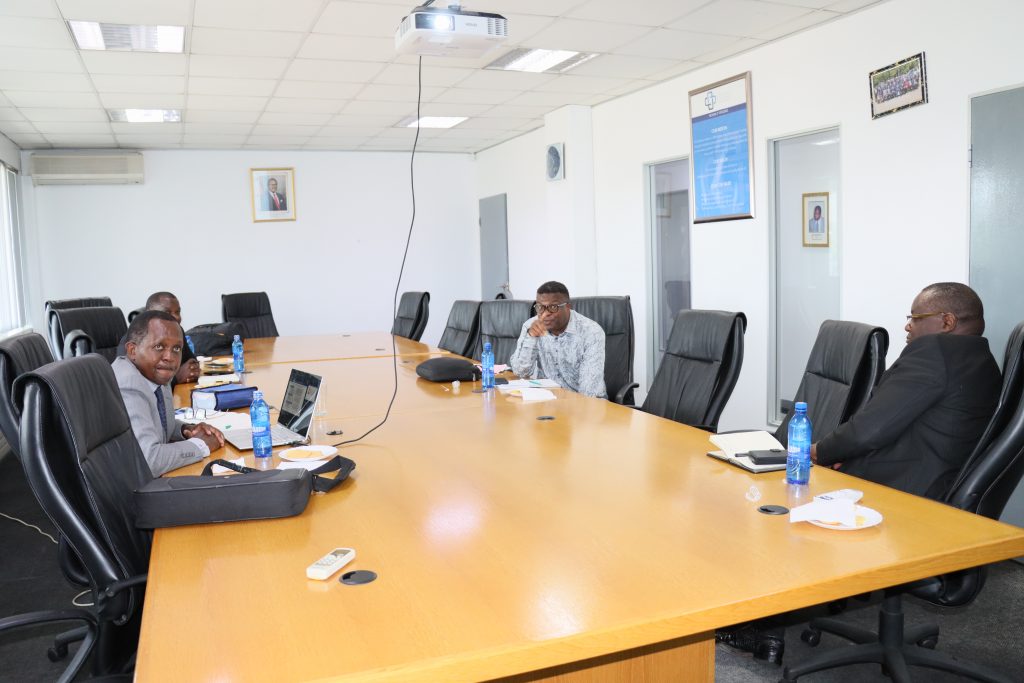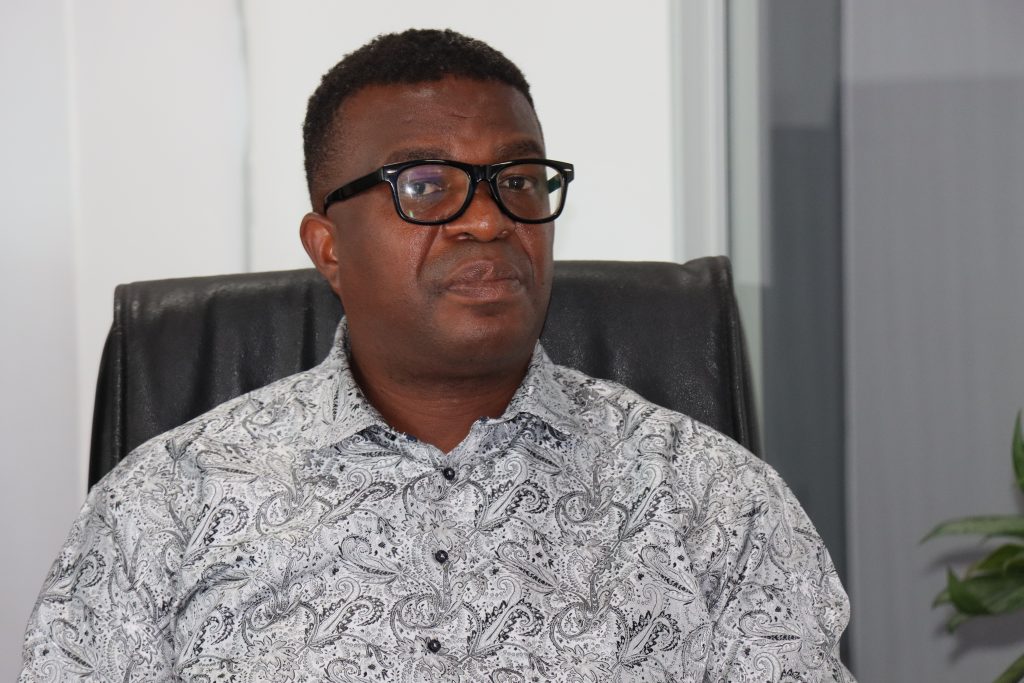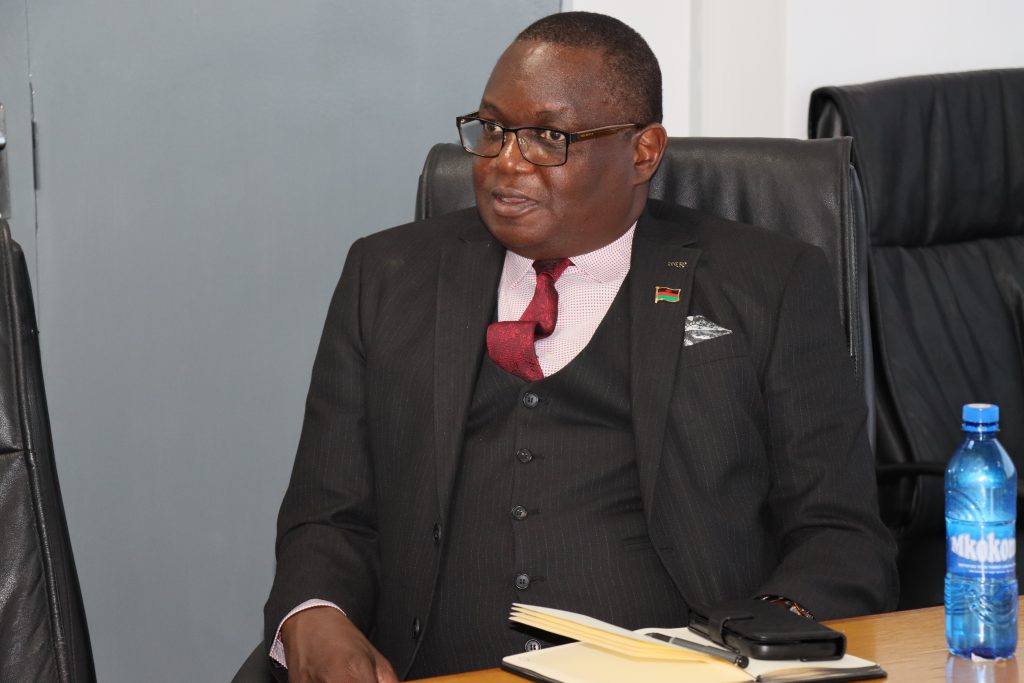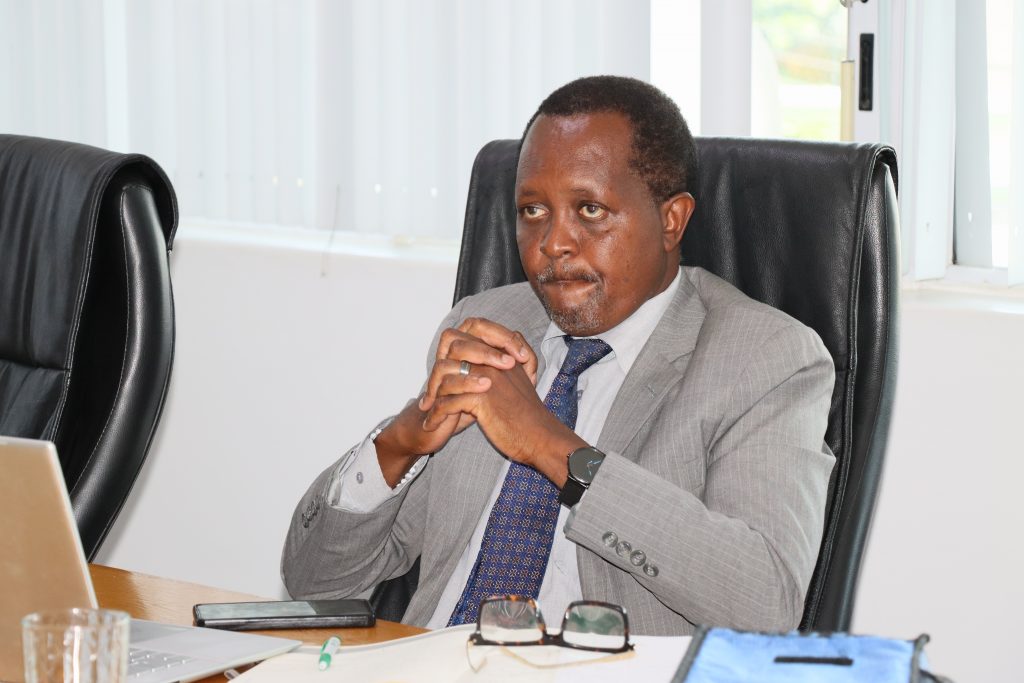
Principal Secretary for the Department of eGovernment in the Ministry of Information and Digitalization (MoID), Stephen Mjuweni, has cited the $150 million Digital Malawi Acceleration Project (DMAP) as a catalyst for enhancing government service delivery in the country.
The Ministry through the Private Public Partnership Commission (PPPC) is implementing DMAP, a successor project of the Digital Malawi Program Phase 1: Digital Foundations Project, with funding from the World Bank.
Speaking on Thursday on the sidelines of a visit to the PPPC, Mjuweni emphasized DMAP’s potential to bring government services closer to citizens through advanced digital solutions.

“We want to bring government services closer to the citizens, and the only way to achieve this is by establishing a strong network backbone, ensuring adequate bandwidth, and creating a secure and reliable digital infrastructure. This will be realized through DMAP,” Mjuweni said.
He further called for concerted efforts across various sectors to ensure the successful realization of the project’s development objectives.
Speaking earlier, PPPC Chief Executive Officer Patrick Kabambe highlighted DMAP’s critical role in transforming Malawi’s digital landscape, building on the achievements of the Digital Foundation Project.

“After connecting over 500 public sites in the first phase, the successor project aims to install 2,000 km of fiber-optic cables and improve connectivity across 2,500 institutions, including 2,000 schools and 500 government offices,” Kabambe explained.
He added that DMAP will create interoperable and secure data platforms, such as digital identifications and a data exchange platform for government and financial institutions.
DMAP Project Manager Chimwemwe Matemba added that the project will enhance digital payments, strengthen secure digital authentications for public services, and promote data governance policies.

DMAP will also deliver digital skills training to 10,000 Malawians, with women comprising half of the participants, to promote digital literacy and inclusivity across the workforce.
The Project is scheduled for completion in June 2030.

